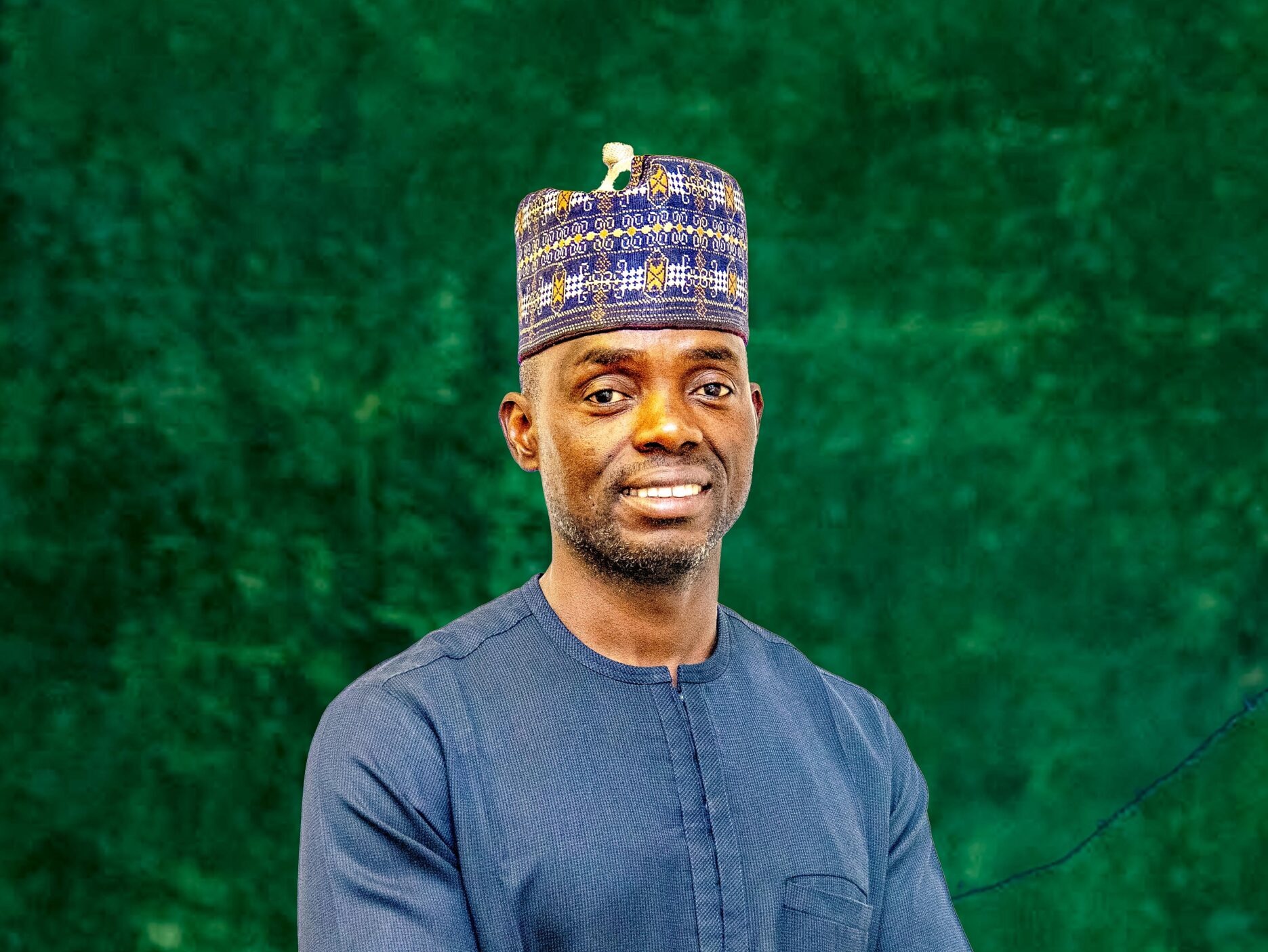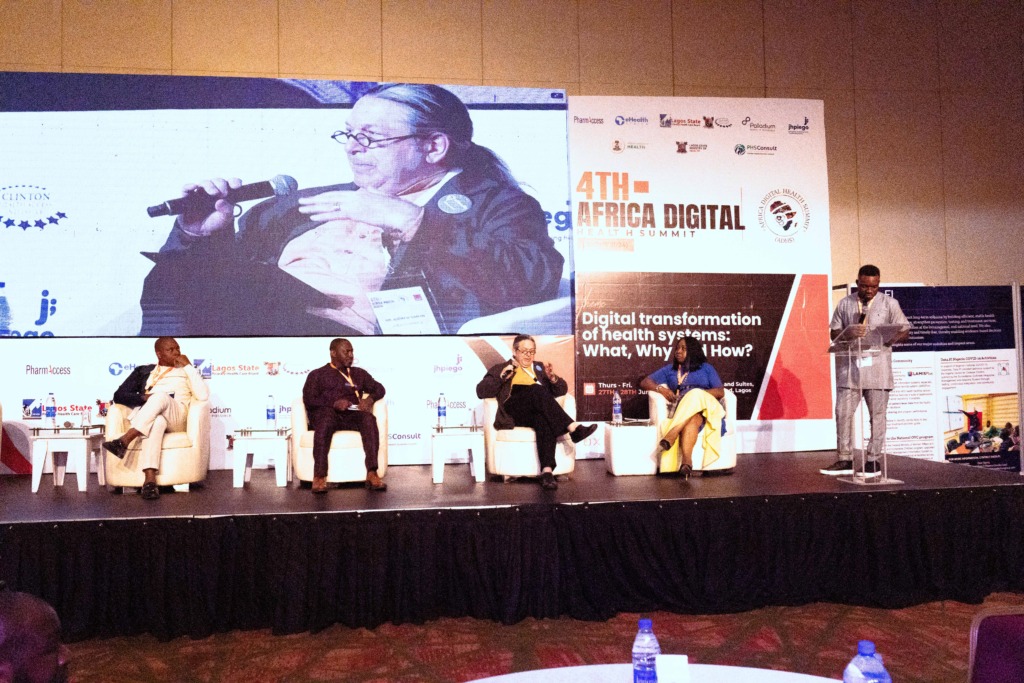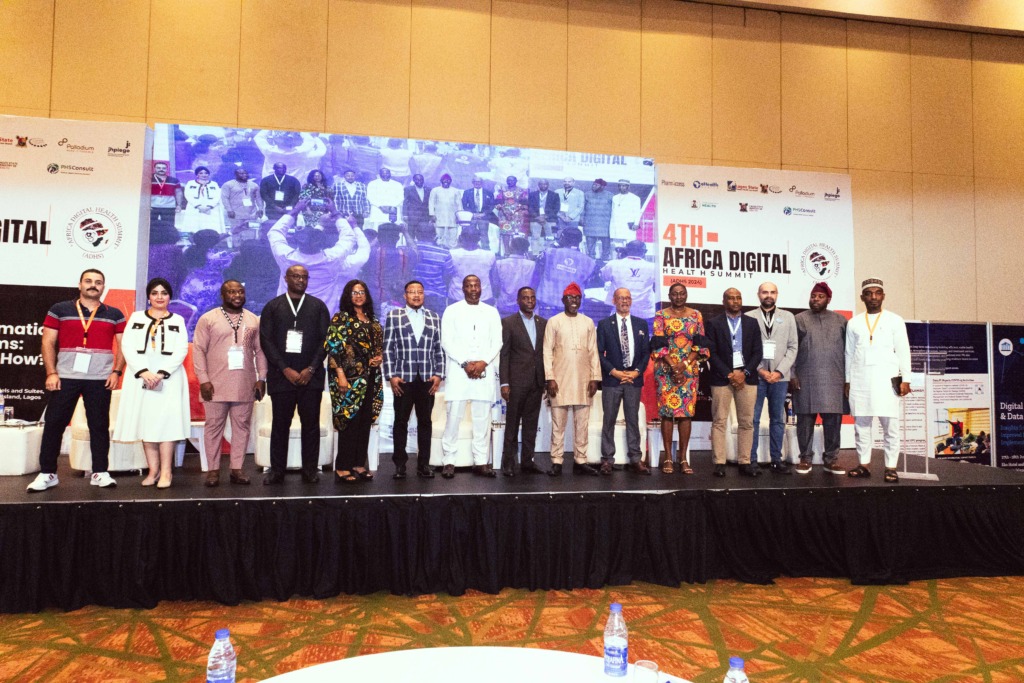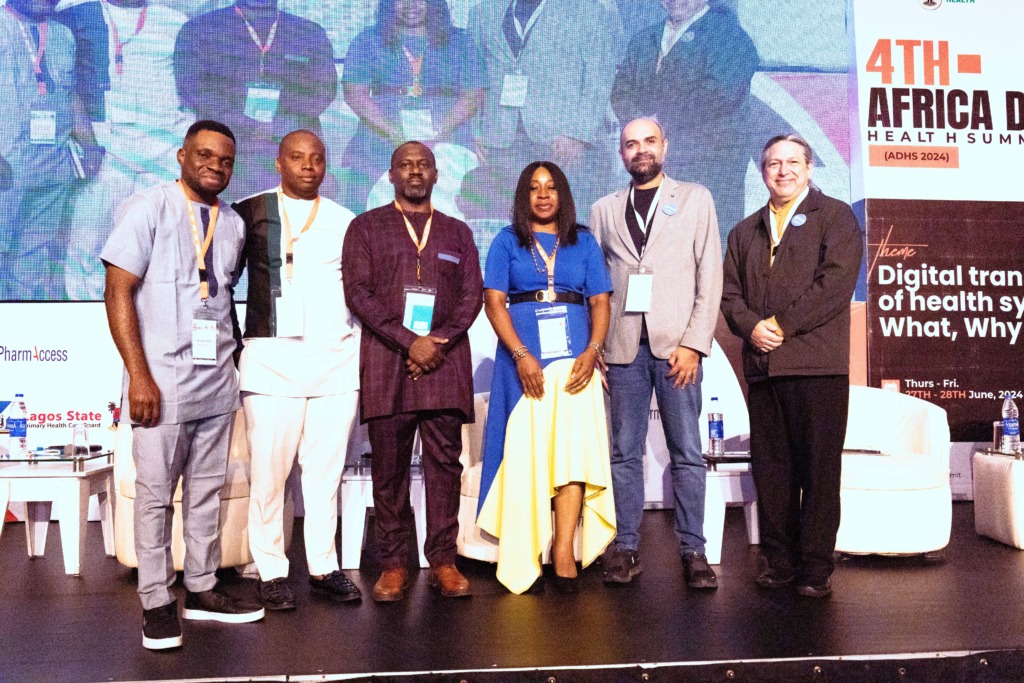The recent and recurring outbreaks of diseases and other public health emergencies have undeniably strained healthcare systems, particularly across Africa. These challenges have not only necessitated thinking beyond traditional approaches but have also prompted the development of innovative pathways to ensure communities are better prepared and less vulnerable to such emergencies.
It is essential to note that digital networks are not only supporting healthcare delivery in Africa, but they are also fundamentally reshaping how public health interventions are conceived, designed, and implemented. It is no surprise that the African digital health market was valued at approximately US$3.8 billion in 2023 and is projected to reach US$16.6 billion by 2030. Indeed, these are not just figures; they represent real lives and communities being impacted and transformed by digital networks.
Increasing the adoption of digital health tools could lead to at least a 15% improvement in efficiency by 2030. This marks significant progress, even amid ongoing challenges such as digital inequity, limited local investments, and infrastructure gaps. Nevertheless, public health stakeholders continue to play their roles to ensure that even primary healthcare facilities in the remotest locations are being reached by the digital revolution currently reshaping the health sector.
This digital transformation has significantly improved access to healthcare through telemedicine and virtual consultations, reducing the risks associated with long travel distances and delays in reaching healthcare facilities. Beyond improving access, healthcare facilities themselves are receiving substantial boosts, especially in the areas of drug supply, vaccines, and essential goods. For instance, digital solutions like the Logistics Management Information System (LoMIS), deployed by eHealth Africa, have ensured the timely delivery of essential medicines and reduced stockouts. The deployment of this solution for vaccine distribution across over 300 Primary Healthcare facilities in Sokoto State has proven to be a game-changer.
In addition, digital medical records and health dashboards have significantly streamlined data management, enabling more efficient handling of patient information. This allows healthcare professionals to focus more on delivering quality care rather than being burdened by administrative tasks, while also enhancing clinical decision-making through real-time access to accurate data.
The digital health landscape has undeniably evolved into an interconnected web of systems that overcome geographical and socioeconomic barriers. By bringing care closer to underserved populations, it is transforming healthcare access for marginalized communities. A prime example is the use of Geographic Information Systems (GIS), which have been instrumental in mapping and identifying missed or hard-to-reach settlements. Over the years, this technology has played a crucial role in ensuring that children, regardless of location, receive life-saving vaccines, significantly improving immunization coverage in remote areas.
While technology and innovation are well recognized as enablers and indeed, key drivers of growth across sectors, their impact in health can only be sustained if solution developers, partners, and implementers fully understand and engage with local cultural, social, and regulatory contexts. Only then can digital health solutions be tailored to meet ground realities and deliver meaningful, lasting impact.
Over the last three years, eHealth Africa has consistently convened industry experts to drive discussions and chart pathways for digital health, data-driven solutions, and innovations in public health practice. The event, tagged Insights Learning Forum (ILF), has served as a platform for professionals in both the digital and public health sectors to share their experiences, insights, and innovative solutions.
A key takeaway from digital health discussions has been the need to ensure that solutions are community-driven and developed with local realities in mind. This insight informs the theme of the 2025 Insights Learning Forum:
“Local Investments for Connected Communities: The Power of Digital Health Networks in Public Health Transformation.” The third edition of ILF, scheduled for 30th July 2025, will go beyond rhetoric, focusing on implementing strategies to ensure that communities remain at the heart of digital health interventions.
Abdulhamid Yahaya is the Deputy Director, Global Health Informatics at eHealth Africa. He has over 20 years of extensive expertise and experience in Information Technology (IT) operations, IT management, corporate policy and governance, information/cybersecurity, IT project deployment, health informatics, digital health solutions, corporate strategy, and strategic leadership.







